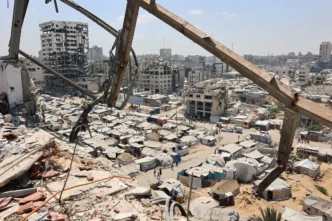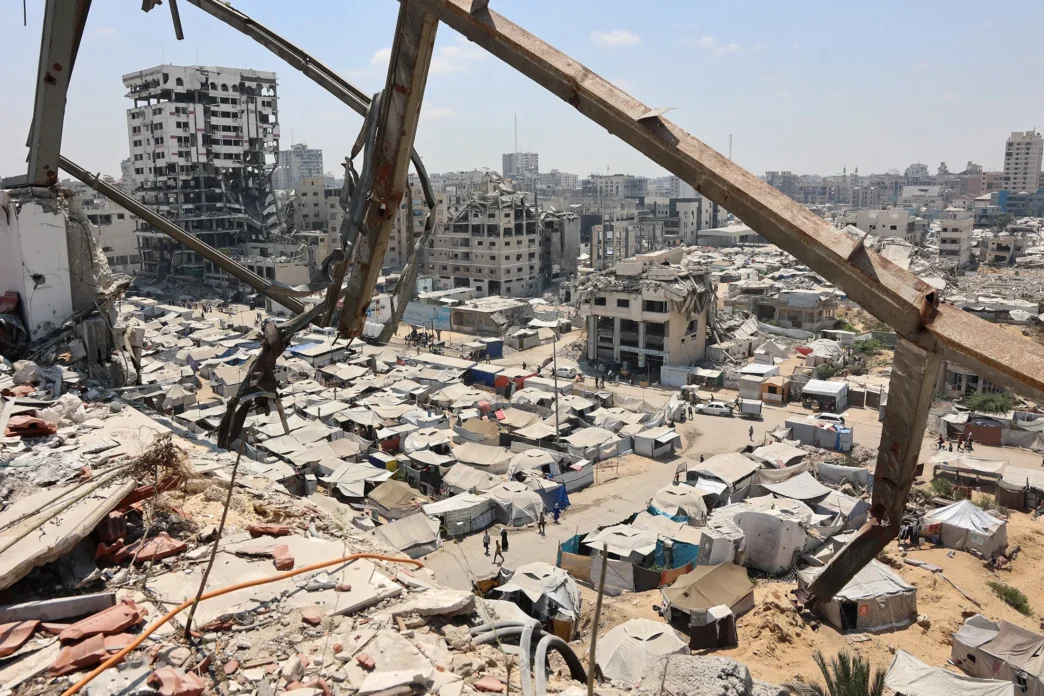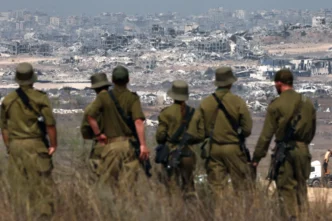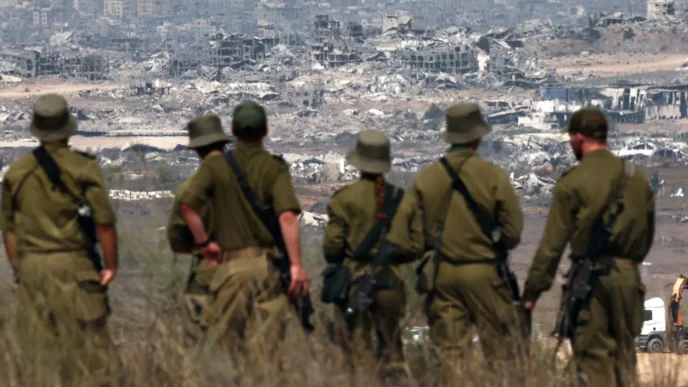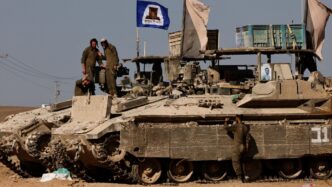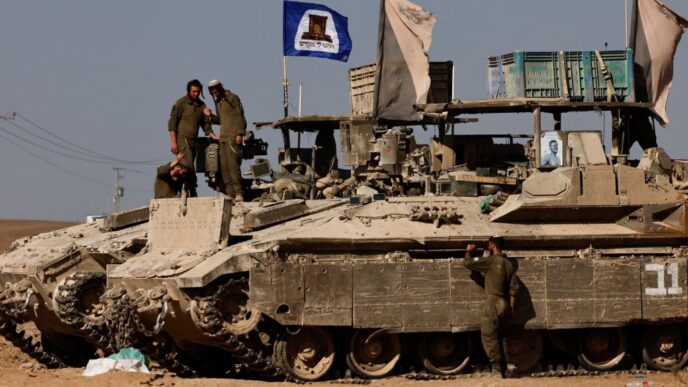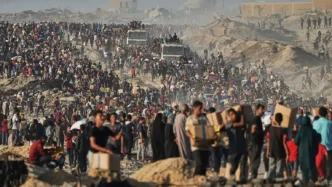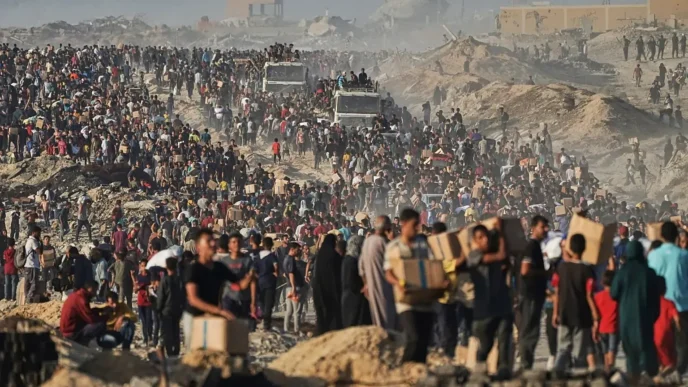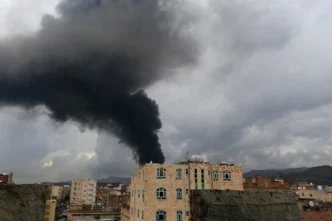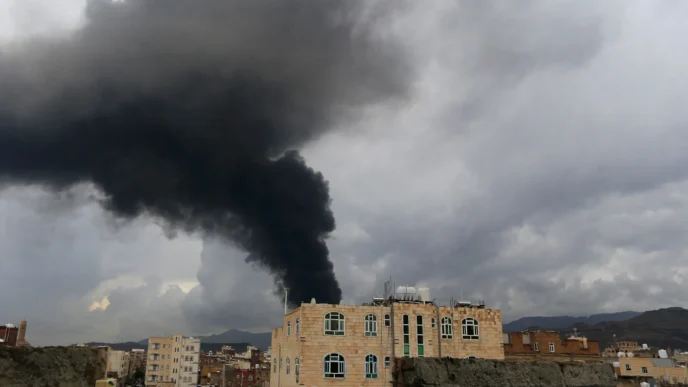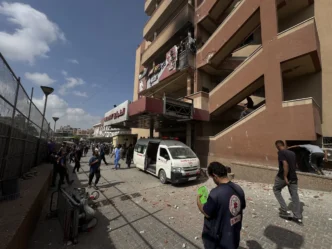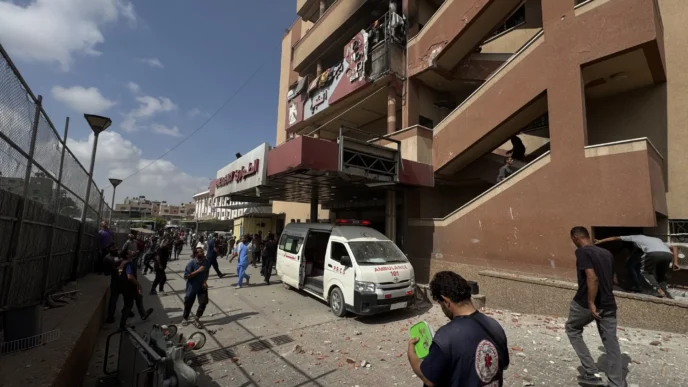In a significant development that could reshape the trajectory of the Gaza conflict, Hamas has agreed to a truce deal brokered by Egypt and Qatar, two of the region’s key mediators. The agreement, if implemented, offers a potential breakthrough in halting weeks of deadly fighting and opening the door to broader negotiations involving Israel, Palestinian factions, and international stakeholders.
The Truce Proposal
According to diplomatic sources, the deal centers on a phased ceasefire arrangement:
- Immediate cessation of hostilities by Hamas and other militant factions in Gaza.
- Gradual easing of Israeli air and ground operations, conditional on continued calm.
- Facilitated humanitarian access, with Egypt and Qatar overseeing the entry of food, fuel, and medical supplies into Gaza.
- Exploratory talks on prisoner exchanges, including Hamas’s demand for the release of Palestinian detainees in Israeli prisons in exchange for hostages held in Gaza.
- Framework for longer-term political talks, with the goal of addressing the underlying disputes that fuel recurrent escalations.
While full details have yet to be made public, Egyptian officials stressed that the agreement is tentative and fragile, depending on reciprocal restraint from Israel and on-the-ground enforcement by both sides.
Regional Mediators at the Forefront
Both Egypt and Qatar have long played pivotal roles as intermediaries in Gaza conflicts, leveraging their channels with Hamas and their strategic relationships with Israel and the United States.
- Egypt, sharing a border with Gaza, has security interests in curbing cross-border instability and preventing mass refugee flows.
- Qatar, a financial supporter of Gaza, has served as a critical lifeline for humanitarian funding and reconstruction efforts.
By aligning their diplomatic leverage, Cairo and Doha hope to stabilize the immediate crisis while positioning themselves as credible architects of a broader peace process.
Israel’s Position
As of now, Israel has not formally accepted the Egyptian-Qatari proposal, but officials have signaled conditional openness if the deal ensures security guarantees. Israeli leaders remain skeptical about Hamas’s commitment to sustained calm, citing past ceasefires that collapsed into renewed violence.
Israeli military spokespersons emphasized that while they welcome efforts to de-escalate, operations will continue until they are confident that rocket fire and militant attacks from Gaza have ceased.
Humanitarian Urgency
The truce comes amid growing international alarm over Gaza’s humanitarian crisis. Weeks of intense fighting have left:
- Thousands dead and injured, including civilians caught in bombardments.
- Mass displacement, with families fleeing destroyed neighborhoods.
- Severe shortages of electricity, clean water, and hospital supplies.
Aid organizations have warned that without an immediate ceasefire, the enclave faces a “catastrophic collapse” of essential services. For mediators, these conditions added urgency to reach a truce before the humanitarian toll escalates further.
International Response
World powers, including the United States, the European Union, and the United Nations, cautiously welcomed news of Hamas’s acceptance of the truce framework. Washington reiterated its support for Egypt and Qatar’s mediation efforts, while urging Israel and Hamas to “take the necessary steps” to implement the agreement.
At the United Nations, diplomats suggested that the deal could pave the way for a broader Security Council resolution, though divisions among member states remain over language concerning Israel’s military actions and Hamas’s status as an armed group.
Challenges Ahead
Even with Hamas’s agreement, major hurdles remain:
- Israel’s consent is crucial; without it, the deal cannot move forward.
- Enforcement mechanisms are weak, raising concerns about violations on both sides.
- Internal Palestinian divisions between Hamas in Gaza and the Palestinian Authority in the West Bank complicate long-term political solutions.
- Regional dynamics, including Iran’s influence on Hamas and Hezbollah, could undermine fragile calm if external actors escalate tensions.
What Comes Next
If Israel signals acceptance, implementation could begin within days, starting with a monitored ceasefire and humanitarian aid corridors. Negotiators hope that early success would build momentum toward tackling core issues such as border controls, economic reconstruction, and political reconciliation.
For now, the truce represents a rare glimmer of hope in one of the world’s most protracted and volatile conflicts. Whether it holds will depend on trust-building measures, international guarantees, and the willingness of both Hamas and Israel to prioritize stability over escalation.


